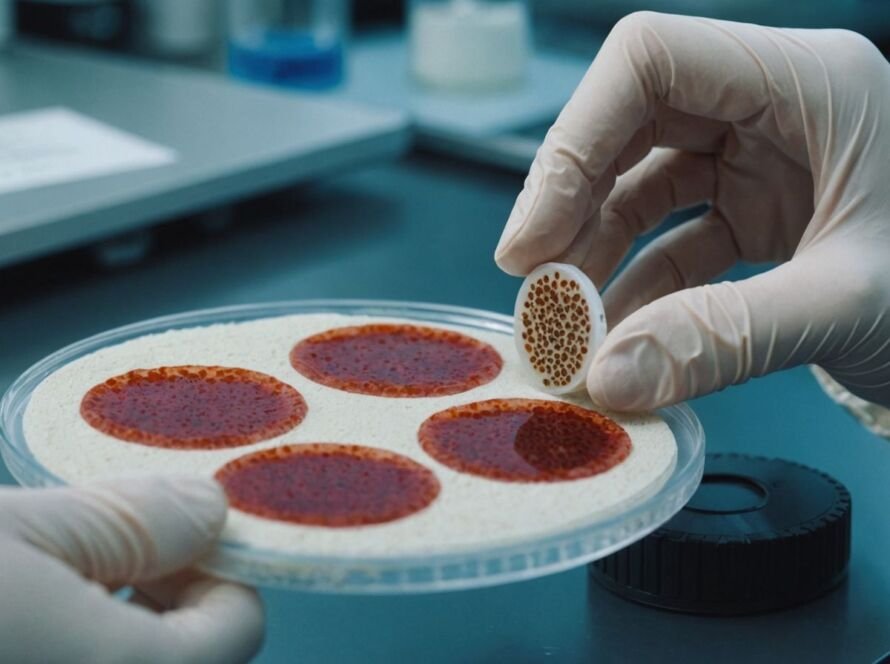Recent studies have highlighted the potential risks associated with prenatal cannabis exposure, suggesting it may influence long-term brain development and increase the likelihood of neurodevelopmental disorders such as ADHD and autism in children.
Key Takeaways
- Prenatal cannabis exposure may alter brain development and increase mental health risks.
- Children of mothers with prenatal cannabis use disorder (CUD) have a higher risk of ADHD, ASD, and ID.
- The complexity of linking prenatal cannabis exposure to later mental health outcomes is significant.
Prenatal Cannabis Exposure and Brain Development
A study published in Nature Mental Health examined the impact of prenatal cannabis exposure on brain development using data from the Adolescent Brain and Cognitive Development (ABCD) Study. Researchers found that children exposed to cannabis in utero exhibited changes in brain structure and inflammation, which may contribute to behavioral issues.
Key findings include:
- Neuroimaging Insights: Changes in brain structure and inflammation were observed in children exposed to cannabis before birth.
- Complex Factors: Differentiating the effects of cannabis from genetics and environment remains challenging.
- Increased Prevalence: Cannabis use among pregnant women has increased from 3% to 7% between 2002 and 2017.
The study underscores the difficulty in establishing a direct causal link between prenatal cannabis exposure and mental health outcomes due to various confounding factors. Researchers used statistical methods to filter out some of these factors, suggesting potential biological measurements between prenatal cannabis exposure and adolescent behavior.
Cannabis Use During Pregnancy and Neurodevelopmental Disorders
Another study presented at the European Psychiatric Association Congress 2024 revealed a significant association between prenatal cannabis use disorder (CUD) and an increased risk of neurodevelopmental disorders in offspring, including ADHD, autism spectrum disorder (ASD), and intellectual disability (ID).
Key findings from this study include:
- Increased Risk: Children born to mothers with prenatal CUD displayed a 98% increased risk of ADHD, a 94% increased risk of ASD, and a 46% increased risk of ID compared to those without such exposure.
- Synergistic Effects: The study identified significant interaction effects between prenatal CUD and maternal smoking, as well as other pregnancy complications, amplifying the risk of neurodevelopmental disorders.
- Preventive Strategies: The research emphasizes the importance of awareness and counseling on the potential dangers of cannabis use during pregnancy to prevent long-term harm to children.
Conclusion
The findings from these studies highlight the potential long-term consequences of cannabis use during pregnancy. While the exact mechanisms remain unclear, the evidence suggests that prenatal cannabis exposure may influence brain development and increase the risk of neurodevelopmental disorders. Pregnant women or those planning to become pregnant should be aware of these risks and consult healthcare professionals to make informed decisions.
Sources
- Prenatal Cannabis Use Impacts Brain Development – Neuroscience News, Neuroscience News.
- Cannabis in Pregnancy Linked to Autism and ADHD Risk – Neuroscience News, Neuroscience News.

